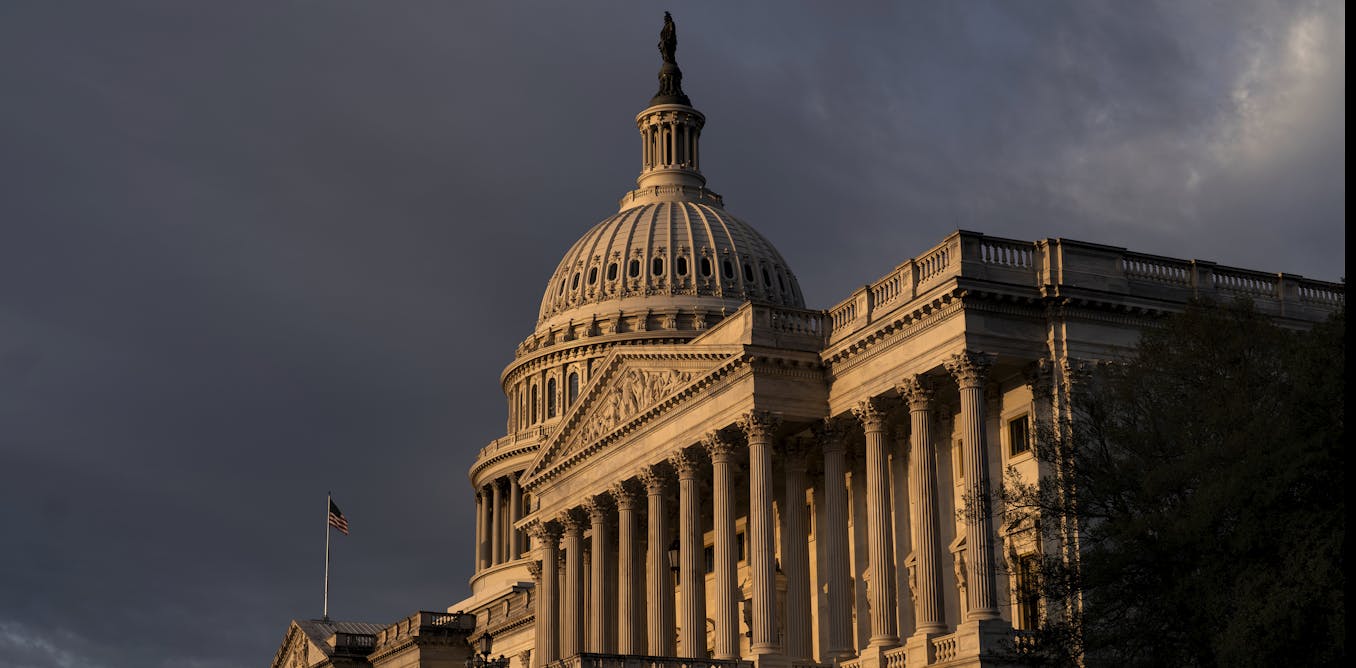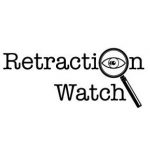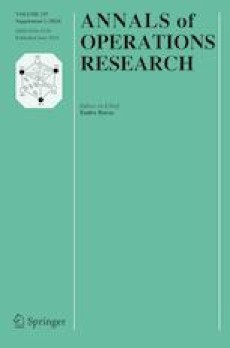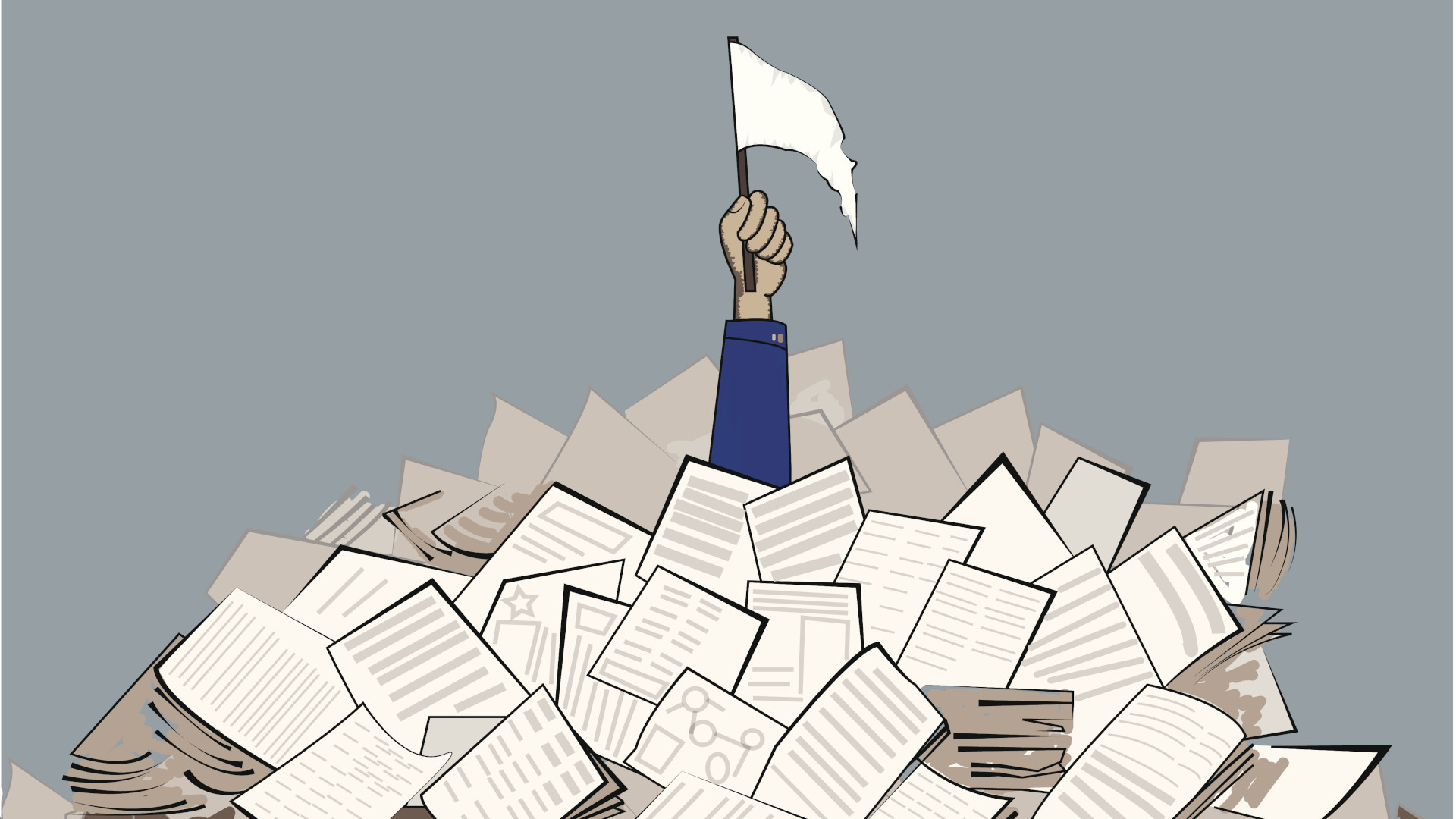The Biden administration’s Scientific Integrity Task Force is rightly opposed by researchers on the ground.
In its first year, the Biden administration launched a fast-track Scientific Integrity Task Force, intended to “lift up the voices of Federal scientists of many perspectives and backgrounds” and put … Continue reading "So Now the Feds Will Monitor Research Integrity?"

www.jamesgmartin.center
EXCERPTS: In its first year, the Biden administration launched a fast-track
Scientific Integrity Task Force, intended to “
lift up the voices of Federal scientists of many perspectives and backgrounds” and put scientific integrity “paramount in Federal governance for years to come.” The task force took a “whole-of-government” approach to ensuring the scientific integrity of federally funded research and included representatives from the 21 federal agencies that maintain scientific-research programs. For those with a high pain threshold, the final report may be seen
here.
Prominent among the move’s critics have been the Council on Governmental Relations (a consortium of research universities) and the Association of Research Integrity Officers...
[...] As with all things governmental, one looks at this spectacle and asks “why?” It’s not like anyone is in favor of scientific misconduct. ... Nor has there been an absence of means to detect and punish research misconduct...
[...] There is a bigger picture in play, however. As demoralizing as research misconduct is, we should hardly be surprised by its occurrence...
[...] Since 1950 ... the science ecosystem has morphed into a “big science cartel,” united through an interwoven network of self-aggrandizing actors who hold a common interest, not around science but around capturing research funds. University administrations are one such actor, but there are many others. ... includes universities who look with favor on representatives who can keep the research money flowing in.
Those 21 federal agencies represented on the task force constitute another crucial player: bureaucratic entities whose value and very existence is tied to capturing dollars from the federal budget.
[...] We can now begin to make sense of the dust-up between the bureaucracy-based Scientific Integrity Task Force and the university-based Council on Governmental Relations. Neither is concerned so much with protecting the integrity of science; they merely differ on who shall be the enforcers...
[...] while I’m no friend of the shenanigans of university administrations and the games they play, I’m far more concerned about the Biden administration’s move to complete the federalization of university science begun in 1950, which may finally squash the very people who are the most effective custodians of scientific integrity: scientists themselves....
(MORE - missing details)
- - - - - - - - - - - - - - - -
Federal funding for major science agencies is at a 25-year low
Research funding is down in recent years despite promises made with the CHIPS and Science Act.

theconversation.com
EXCERPTS: Government funding for science is usually immune from political gridlock and polarization in Congress. But, federal funding for science is slated to drop for 2025. [...] Federal funding for many programs is characterized by political polarization, meaning that partisanship and ideological divisions between the two main political parties can lead to gridlock. Science is usually a rare exception to this problem. [...] Ideally, all the best ideas for scientific research would receive federal funds. But limited support for scientific research in the United States means that for individual scientists, getting funding is a highly competitive process... (
MORE - details)
_

 www.nature.com
www.nature.com















